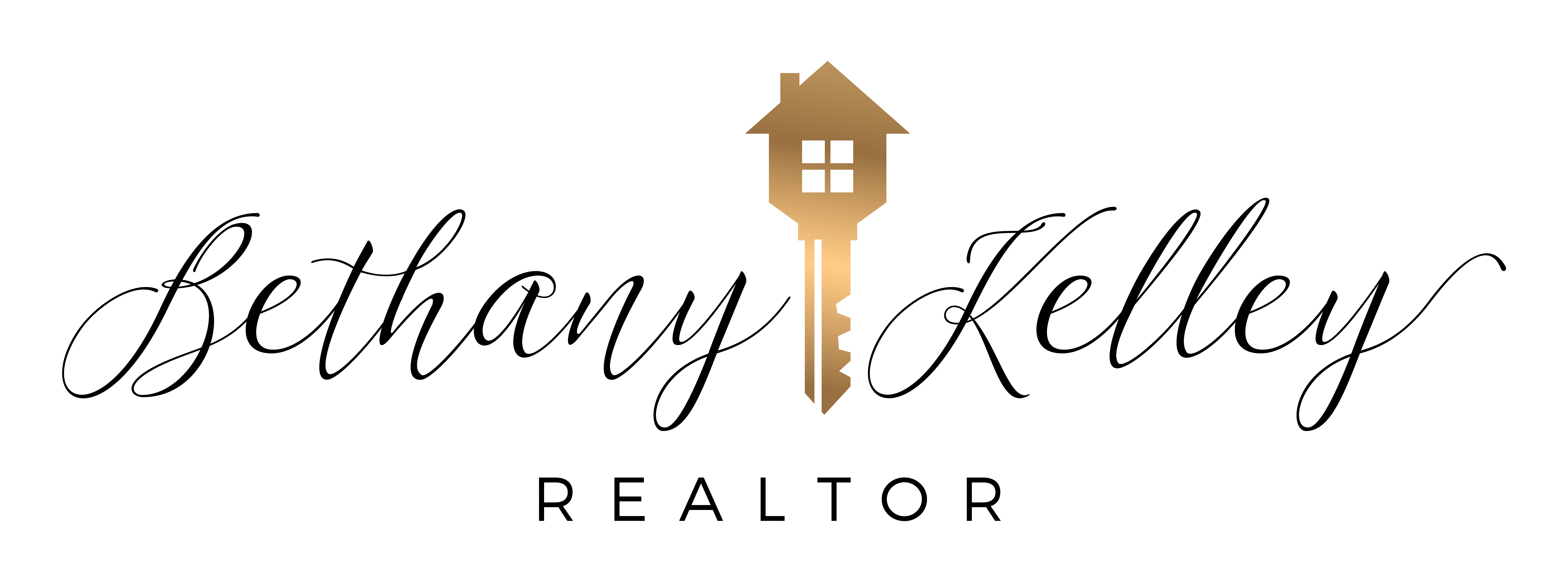
Many sellers in this day of multiple offers will struggle to choose the “best” offer. When trying to figure out which is the “best” offer, the easy answer to this is that the “best” offer is the one that works the best for you. Each seller must figure out what is most important to them and it’s always helpful if you do that before you even put your home on the market. Below I will go over some of the different terms that are included in offers and what you should consider when evaluating each of these.
Sales Price
At the top of many sellers list is getting the best sales price that they can. Just remember that “sales price” and your “net” are not the same thing. To calculate your net price, you will need to take that sales price and deduct at least the following things: amount owed on your current mortgage; amount owed on a second mortgage or HELOC (if you have one); pro-rated taxes; any seller paid taxes/fees due to the city, county or state; the cost of paying the settlement company; any seller subsidy (credit) given to the buyer per the contract; and the real estate commission. Most Realtors® have programs that will calculate an estimate of closing costs for you so that you can see what your “net” will be. Obviously, the higher the sales price the higher your net will be.
Closing Date
For some sellers, the actual closing date is a really important part of an offer whether it is because they are purchasing or building a new home or because of a start date for a new job. This is something that you should let your agent know up front as they can convey to any buyers’ agents when your desired settlement date is. If for some reason you may need to close and then have a “rent back” period where you stay in the house for a short time and pay the new owner “rent”, let your agent know this as soon as possible as well. It’s always better if this is agreed upon up front instead of after a contract is ratified.
Buyer’s Financing
There are a few different things to consider when looking at the buyer’s financing and determining how solid a buyer is financially. Most buyers will use either a Conventional, VA, or FHA loan. Each one of these loans has its pros and cons so be sure to thoroughly discuss this with your real estate agent. How much money a buyer is bringing as a downpayment can be a significant indicator of their financial stability as well, but do keep in mind that with a VA loan this may not be the case. Many military members and veterans will take advantage of 100% financing using a VA loan even if they have money to put down on a house because the very low interest rates on these loans make it smarter to finance their whole purchase instead of taking money out of their investments at times. Another thing to look at when considering the buyer’s financial stability is how much of an Earnest Money Deposit (aka Good Faith Money) they are willing to put forth in the transaction. The higher the deposit, often the more committed the buyer is to the transaction. The final thing to consider is who the buyer is using as a lender. Some lenders have a great reputation for having good communication, working quickly, and closing loans on time. This is something that you and your Realtor® can research together. Often local lenders do a better job than the large national companies, but not always, so do your research.
Buyer’s Settlement Company
In Virginia, the buyer has the right to choose their own settlement company/attorney to handle their side of the transaction. Because of RESPA requirements, a seller cannot dictate who a buyer uses to purchase their title insurance. It is smart to research the settlement company chosen by the buyer though because they are the driving force of the transaction. With this being said, a seller does not have to use the same settlement company that the buyer is using. There are some pros to doing so: everything is handled by one company so there is no need for two companies to go back and forth and sometimes it costs a little (often very little) less than if two different settlement companies are used. I strongly feel that the cons, though, outweigh the pros. If both the buyer and seller are using the same settlement attorney, the attorney cannot give advice to one of them at the detriment of the other. If things go downhill in a transaction, you may need to seek outside legal representation to get advice in this situation. While many transactions proceed with at least an amicable relationship between the buyers and sellers, not all do. It can sometimes be better if the buyers and sellers never have to sit down at the settlement table together if a transaction has not gone smoothly.
Contingencies
These are the different wickets that have to be met as the transaction proceeds from ratified contract to settlement. Most of these contingencies can provide an “out” from the contract for the buyer so the fewer contingencies in a contract, the better for the seller. Most buyers (unless they are paying cash) will have to have a financing contingency and there are very few that can afford to waive this so just look for as short of a financing contingency as possible (3 to 4 weeks is normal). Another contingency in the contract will be the appraisal contingency. In this very competitive sellers’ market, some buyers are willing to waive the appraisal contingency. That means that even if the home does not appraise for the agreed upon price, the buyer cannot void the contract and will need to pay the difference between the sales price and the appraised price because no lender will allow a loan for more than the appraised value of a home. Keep in mind, that a VA or FHA buyer cannot waive an appraisal. They can decide after a low appraisal that they are willing to pay the difference, but they cannot commit to this beforehand. Other contingencies that a buyer can include or waive are home inspection, radon testing, well inspection, and septic inspection. The fewer contingencies that a buyer includes with an offer, the better it is for you as a seller. The plus of fewer contingencies is that there are fewer things that you might be required to fix and fewer opportunities for a buyer to void a contract.
Termite Inspection
Some buyers will want/need to do a termite inspection. Some loans and lenders do require one to be done and if termites or damage is found, the seller will need to have the home treated and the damage taken care of so that the buyers loan can go through. One thing to note is that with a VA loan, the buyer cannot pay for the termite inspection so most VA buyers will ask for the seller to pay for this.
Home Warranty
Some buyers may want a home warranty to cover the appliances and systems of the home. This can be paid for by either the buyer or the seller and can be negotiated in the contract. In a strong seller’s market, buyers are usually more likely to just pay for a warranty themselves if they want one instead of asking a seller to pay for one.
Escalation Addendum
A final thing that you may see in an offer is an escalation addendum. An escalation addendum says that a buyer will agree to pay a certain amount over the top offer received up to a certain dollar amount. For example: A buyer may offer $500,000 and include an escalation clause saying they will pay $1015 over the top offer received up to $525,000. If an offer comes in at $515,000, the escalation clause could push the sales price up to $516,015. This can make an offer really stand out in terms of price if all other terms and conditions are the same.
All of these things need to be taken into account when looking at and comparing offers to determine which one is the best for you. Your Realtor® will take the time to review all of the offers that you receive on your property and work with you to figure out which one you want to accept. Remember if an offer is really close to being exactly what you are looking for, you can always counter that offer and try to achieve the exact terms that you want. At the end of the day, as long as you get an offer that is the best one for you and your situation, you are in a good position to sell your home and move on.



